Home>Garden Essentials>How To Use Fennel Seed
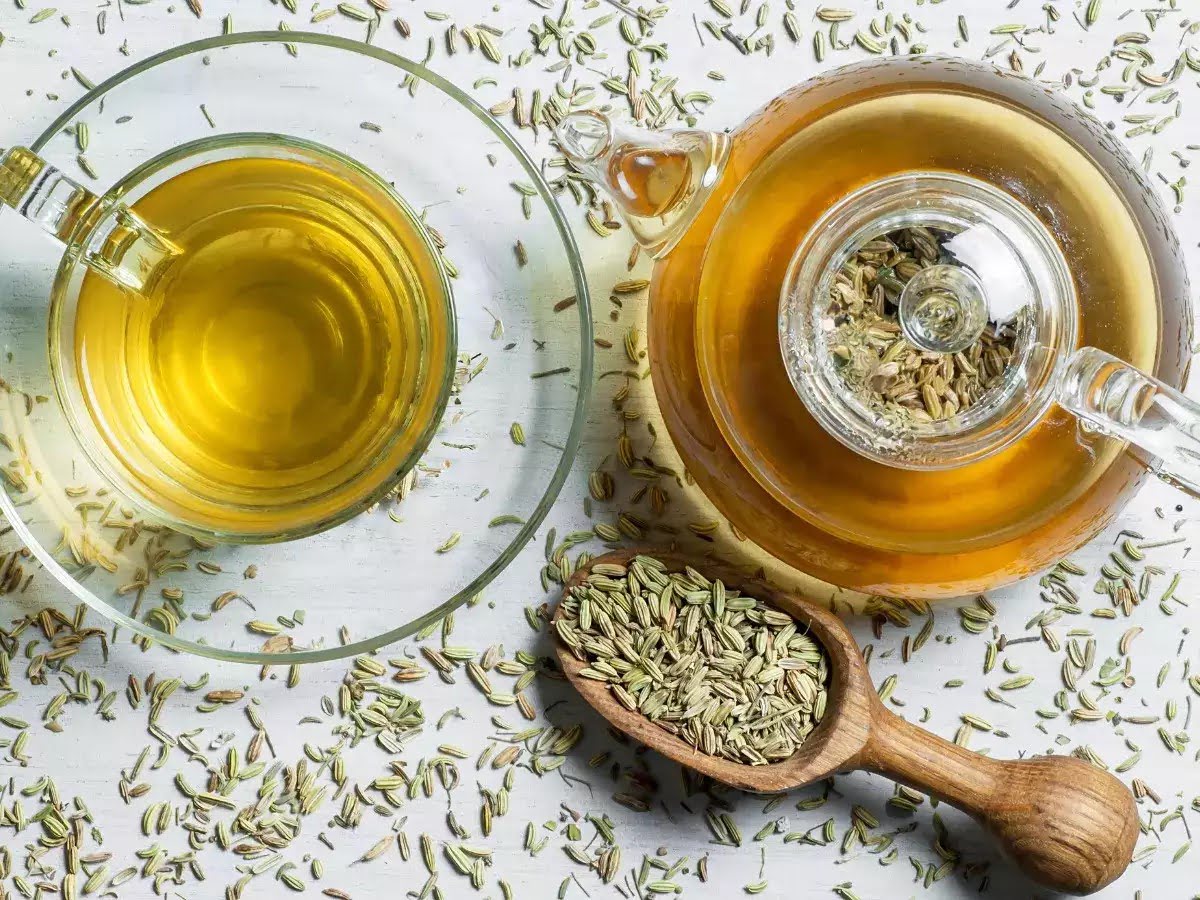

Garden Essentials
How To Use Fennel Seed
Modified: October 20, 2024
Learn how to use fennel seed in your garden and enhance your culinary creations. Discover tips and tricks for growing and harvesting fennel seed.
(Many of the links in this article redirect to a specific reviewed product. Your purchase of these products through affiliate links helps to generate commission for Storables.com, at no extra cost. Learn more)
Introduction
Welcome to the world of fennel seed! In the realm of herbs and spices, fennel seed deserves a prominent place. Its distinctive aroma, subtle flavor, and a myriad of health benefits make it a must-have in every kitchen and home. Whether you are an avid cook or someone looking to explore the wonders of natural remedies, fennel seed will not disappoint.
So, what exactly is fennel seed? Fennel (Foeniculum vulgare) is a perennial herb that belongs to the carrot family. It is native to the Mediterranean region but is now widely cultivated in many parts of the world. While the entire fennel plant is edible, it is the seeds that steal the spotlight with their unique taste and numerous therapeutic properties.
Let’s dive deeper into the world of fennel seed and unravel its health benefits, culinary uses, and how to incorporate it into your everyday life.
Key Takeaways:
- Fennel seed offers digestive relief, menstrual comfort, and respiratory support. It’s a versatile spice for cooking and a natural remedy for various ailments, but should be used in moderation and with caution.
- When using fennel seed, be mindful of potential side effects such as allergic reactions and hormonal effects. Consult a healthcare professional before extensive use, especially if you have underlying health conditions or are taking medications.
Read more: How To Use Fennel Seeds
What is Fennel Seed?
Fennel seed, also known as saunf in Hindi, is the dried fruit of the fennel plant. It is commonly used as a culinary spice and herbal remedy due to its distinctive flavor and various health benefits.
These small, oval-shaped seeds have a pale green or brown color and a distinct licorice-like aroma. Fennel seed has been used in traditional medicine for centuries and is renowned for its digestive properties.
Fennel seed contains essential oils and compounds like anethole, fenchone, and estragole, which contribute to its unique taste and therapeutic effects. It is low in calories but rich in nutrients like fiber, potassium, calcium, magnesium, and vitamins A and C.
Not only does fennel seed add a burst of flavor to dishes, but it also offers a wide range of health benefits that have been recognized by various cultures throughout history.
Some of the notable health benefits of fennel seed include:
- Improved Digestion: Fennel seed is packed with volatile oils that stimulate digestion and alleviate digestive issues such as bloating, gas, and indigestion. It helps relax the muscles of the gastrointestinal tract, promoting smooth digestion.
- Relief from Menstrual Symptoms: Fennel seed has been used traditionally to ease menstrual cramps, regulate menstrual cycles, and reduce symptoms like mood swings and irritability. Its anti-inflammatory and antispasmodic properties help relax the muscles and ease discomfort.
- Anti-inflammatory Effects: Fennel seed contains antioxidants and anti-inflammatory compounds that help reduce inflammation in the body. Regular consumption may help alleviate symptoms of conditions like arthritis and improve overall health.
- Improved Heart Health: Fennel seed is a good source of potassium, which is essential for maintaining heart health. It helps regulate blood pressure and promotes proper heart function, reducing the risk of cardiovascular diseases.
- Respiratory Health: Fennel seed has expectorant properties that help loosen mucus and alleviate congestion. It may provide relief from respiratory conditions such as cough, bronchitis, and asthma.
These are just a few examples of how fennel seed can benefit your health. Its versatility and efficacy make it a valuable addition to your kitchen pantry and natural medicine cabinet.
Health Benefits of Fennel Seed
Fennel seed is not only a flavorful spice but also a powerhouse of health benefits. From improving digestion to promoting respiratory health, fennel seed has been used for centuries in traditional medicine for its therapeutic properties. Let’s explore some of its key health benefits:
1. Digestive Aid
Fennel seed is commonly used as a digestive aid due to its carminative properties. It helps alleviate symptoms of indigestion, bloating, and gas by relaxing the muscles of the gastrointestinal tract. The essential oils present in fennel seed stimulate the production of digestive enzymes, promoting healthy digestion and preventing common digestive complaints.
2. Menstrual Comfort
For centuries, fennel seed has been used to relieve menstrual discomfort. Its antispasmodic and analgesic properties help relax the uterine muscles, reducing cramps and discomfort during menstruation. Drinking fennel seed tea can help alleviate symptoms like abdominal pain, bloating, and mood swings.
Read more: What Are The Benefits Of Fennel Seed
3. Anti-Inflammatory Effects
Fennel seed contains powerful antioxidants and anti-inflammatory compounds that can help reduce inflammation in the body. Chronic inflammation has been linked to numerous health issues, including heart disease, arthritis, and certain types of cancer. Incorporating fennel seed into your diet may help mitigate inflammation and promote overall health.
4. Improved Heart Health
Regular consumption of fennel seed may contribute to improved heart health. The potassium content in fennel seed helps regulate blood pressure levels, reducing the risk of hypertension and cardiovascular diseases. Additionally, fennel seed contains fiber, which can help lower cholesterol levels and support a healthy heart.
5. Respiratory Support
Fennel seed has expectorant properties, making it useful in relieving respiratory issues. It helps loosen mucus and promotes the expulsion of phlegm, providing relief from conditions like cough, bronchitis, and asthma. Drinking fennel seed tea or using it as an ingredient in homemade cough syrups can help soothe the respiratory tract.
6. Antimicrobial Properties
Fennel seed possesses antimicrobial properties that can help combat bacterial and fungal infections. The essential oils present in fennel seed, such as anethole and limonene, have been found to exhibit antimicrobial activity. Incorporating fennel seed into your diet may support your body’s natural defense against harmful pathogens.
These are just a few of the many health benefits that fennel seed offers. From aiding digestion to promoting cardiovascular health and respiratory support, fennel seed is a versatile and valuable addition to your wellness routine. As with any herbal remedy, it’s important to consult a healthcare professional before using fennel seed for specific health concerns.
Read more: How To Plant Fennel Seeds
Culinary Uses of Fennel Seed
Fennel seed is not only a versatile herb in terms of its health benefits but also in the culinary world. Its unique flavor adds a delightful twist to a variety of dishes, making it a popular ingredient in many cuisines. Let’s explore some of the culinary uses of fennel seed:
1. Flavor Enhancer
Fennel seed has a distinct flavor that is often described as being sweet, aromatic, and reminiscent of licorice. It adds a subtle, yet distinctive taste to dishes, enhancing the overall flavor profile. Fennel seed is commonly used in Indian, Middle Eastern, Mediterranean, and Italian cuisines to add depth and complexity to curries, soups, stews, salads, and marinades.
2. Spice Blend Ingredient
Fennel seed is a key component in various spice blends, such as garam masala in Indian cuisine and Chinese five-spice powder. Its aromatic properties complement other spices, creating a well-balanced and flavorful blend. You can experiment with creating your own spice mixes by incorporating fennel seed along with other herbs and spices.
3. Baking Ingredient
Fennel seed can lend a delightful twist to baked goods. It is often used in bread, biscuits, cookies, and cakes, adding a subtle sweetness and aromatic flavor. You can either use whole fennel seeds or grind them into a fine powder to incorporate into your baking recipes. Fennel seed pairs particularly well with citrus flavors, making it a perfect addition to citrus-infused desserts.
Read more: What Is A Fennel Seed
4. Infused oils and vinegars
Infusing oils and vinegars with fennel seed is another excellent way to incorporate its flavor into your dishes. By heating and steeping fennel seeds in oil or vinegar, you can extract their aromatic compounds and create flavorful bases for dressings, marinades, and sauces. Fennel-infused olive oil can be drizzled over salads or used as a finishing touch to enhance the flavor of roasted vegetables.
5. Pickling
Fennel seed is a common ingredient in pickling brines. Its unique flavor adds a pleasant tang and complexity to pickled vegetables, such as cucumbers, carrots, and onions. You can create your own pickling blend by combining fennel seeds with other spices like mustard seeds, coriander seeds, and black peppercorns.
These are just a few examples of how fennel seed can be used to elevate the flavor and aroma of your culinary creations. Whether you’re a seasoned chef or an amateur cook, incorporating fennel seed into your recipes can add a delightful twist and introduce a new layer of taste to your dishes.
How to Incorporate Fennel Seed in Cooking
Fennel seed is a versatile spice that can be used in a variety of culinary creations. Its unique flavor profile adds depth and complexity to dishes, making it a valuable ingredient in your kitchen. Here are some ways you can incorporate fennel seed in your everyday cooking:
1. Toasting and Grinding
For a more intense flavor, toast the fennel seeds in a dry skillet over medium heat until fragrant. Be careful not to burn them. Allow them to cool and then grind them into a fine powder using a mortar and pestle or a spice grinder. Toasted and ground fennel seeds can be added to spice blends, rubs, or even sprinkled over dishes as a finishing touch.
Read more: How To Crush Fennel Seeds
2. Flavoring Roasted Vegetables
Tossing roasted vegetables with fennel seeds can elevate their flavor profile. The warm and aromatic notes of fennel seeds complement roasted vegetables like carrots, potatoes, and Brussels sprouts. Simply sprinkle some fennel seeds over the vegetables before roasting or incorporate them into marinades to infuse the flavors.
3. Enhancing Meat and Fish Dishes
Fennel seeds work wonders in meat and fish dishes, imparting a unique flavor twist. Crush fennel seeds with a mortar and pestle and use the resulting powder as a spice rub for meats like chicken, pork, or lamb. Alternatively, marinate fish fillets in a mixture of fennel seeds, lemon juice, and olive oil before grilling or baking for a burst of flavor.
4. Adding to Soups and Stews
Fennel seeds can enhance the flavor of soups, stews, and broths. Add whole or slightly crushed fennel seeds to the pot while cooking to infuse warm and aromatic flavors. They pair well with tomato-based soups, lentil stews, and vegetable broths. Remember to remove the whole seeds before serving, or you can use a spice bag for easy removal.
5. Infusing Sauces and Dressings
Infusing fennel seeds into sauces and dressings can take them to the next level. Add whole fennel seeds to simmering tomato sauce, curry, or barbecue sauce to enhance their flavors. You can also steep fennel seeds in vinegar or oil for a few days to create infused dressings and marinades.
Read more: What Is Fennel Seeds Good For
6. Baking with Fennel Seed
Fennel seeds can be used in baking to add a subtle sweetness and aromatic flavor to your creations. Incorporate them into bread dough, biscuits, cookies, or cakes to give your baked goods a unique twist. You can use either whole fennel seeds for a gentle crunch or ground fennel seed for a more even distribution of flavor.
These are just a few ideas to get you started on incorporating fennel seed into your cooking. Don’t be afraid to experiment and explore new flavor combinations. Whether you’re preparing savory dishes, sweet treats, or homemade condiments, fennel seed can provide an extra layer of taste and aroma to delight your palate.
Brewing Fennel Seed Tea
Fennel seed tea is a soothing and aromatic beverage that offers a plethora of health benefits. The process of brewing fennel seed tea is simple and can be customized to suit your taste preferences. Whether you wish to enjoy it hot or iced, here is a step-by-step guide on how to brew fennel seed tea:
Step 1: Gather Your Ingredients
To make fennel seed tea, you will need:
- 1 teaspoon to 1 tablespoon of fennel seeds (adjust according to your desired strength)
- 2 cups of water
- A teapot or a saucepan
- A strainer or tea infuser
Step 2: Prepare the Water
Pour the water into a tea kettle, teapot, or saucepan and bring it to a boil. Boiling water helps release the essential oils and flavors from the fennel seeds.
Read more: What Are Fennel Seeds In Hindi
Step 3: Add the Fennel Seeds
Once the water reaches a boil, add the fennel seeds into the teapot or saucepan. You can crush the seeds slightly beforehand to release more flavor, but it’s not necessary. Stir the seeds gently to ensure they are well-distributed in the water.
Step 4: Steep the Tea
Remove the pot from the heat and cover it with a lid, allowing the fennel seeds to steep in the hot water for about 10 to 15 minutes. Steeping time can be adjusted depending on how strong you want the flavor to be. If you prefer a milder taste, reduce the steeping time; for a stronger brew, you can extend the steeping time slightly.
Step 5: Strain and Serve
After the desired steeping time, use a strainer or tea infuser to remove the fennel seeds from the liquid. Pour the brewed fennel seed tea into your cup or teapot. Add honey or a squeeze of lemon if desired to enhance the taste and sweetness.
Step 6: Serve and Enjoy
Your fennel seed tea is now ready to be enjoyed. Sip it slowly, savoring its unique flavor and allowing its calming properties to take effect. You can serve it hot, or if you prefer a refreshing iced version, let the tea cool and pour it over ice cubes. Garnish with a fresh fennel frond, lemon slice, or mint leaves for an extra touch.
Remember, fennel seed tea can be enjoyed at any time of the day. It’s a perfect beverage to sip on after a meal to aid digestion or as a comforting and hydrating drink throughout the day. Feel free to experiment with the brewing process, adjusting the amount of fennel seeds and steeping time according to your personal taste preferences.
Read more: What Do Fennel Seeds Taste Like
Using Fennel Seed in Home Remedies
For centuries, fennel seed has been used as a natural remedy for various ailments due to its medicinal properties. From soothing digestive issues to relieving respiratory problems and more, fennel seed can be a valuable addition to your home remedy arsenal. Here are some ways you can harness the power of fennel seed in your home remedies:
1. Digestive Aid
Fennel seed is widely used to ease digestive discomfort such as bloating, gas, and indigestion. You can chew a teaspoon of fennel seeds after a meal or brew fennel seed tea to promote healthy digestion. The essential oils present in fennel seed help relax the muscles of the gastrointestinal tract, reducing spasms and discomfort.
2. Menstrual Support
Fennel seed has been traditionally used to alleviate symptoms associated with menstruation, including menstrual cramps and irregular cycles. Drinking fennel seed tea can help relax the muscles of the uterus, reducing pain and discomfort. You can also apply warm fennel seed-infused oil to the lower abdomen for soothing relief.
3. Cough and Cold Remedy
Fennel seed can help relieve respiratory issues like cough, bronchitis, and congestion. You can make a homemade cough syrup by steeping fennel seeds in warm water or honey. The expectorant properties of fennel seed can help loosen mucus and provide relief from coughing and congestion.
Read more: What Can I Substitute For Fennel Seeds
4. Breast Milk Production
Fennel seed is known to have galactagogue properties, meaning it can help increase milk production in lactating women. You can consume fennel seed tea or incorporate fennel seeds into your meals to support healthy milk production. However, it’s important to consult with a healthcare professional to ensure it is suitable for your specific situation.
5. Skin Health
Fennel seed contains antioxidants that help protect the skin from free radicals and promote a healthy complexion. You can prepare a face steam by adding fennel seeds to boiling water, then covering your head with a towel and letting the steam cleanse and rejuvenate your skin. You can also create a face mask by mixing fennel seed powder with honey or yogurt for a natural and nourishing treatment.
6. Eye Compress
Fennel seed can provide relief for tired and puffy eyes. Prepare a soothing eye compress by steeping fennel seeds in hot water, then straining the liquid and allowing it to cool. Soak cotton pads or a clean cloth in the cooled fennel seed infusion and apply them gently to your closed eyes for a few minutes to reduce puffiness and refresh tired eyes.
When using fennel seed in home remedies, it’s important to note that individual results may vary, and it’s always advisable to consult with a healthcare professional, especially if you have specific health concerns or are on medication. While fennel seed is generally considered safe, it’s always best to ensure it is suitable for your unique circumstances.
Remember, these home remedies are intended to complement traditional medical care and not to replace professional advice. If symptoms persist or worsen, it’s crucial to seek medical attention for proper diagnosis and treatment.
Potential Side Effects of Fennel Seed
Fennel seed is generally safe for most people when consumed in moderation as a spice or herbal remedy. However, it’s important to be aware of potential side effects, especially if you have specific health conditions or are taking certain medications. Here are some potential side effects of fennel seed:
Read more: How To Store Fennel Bulbs
Allergic Reactions
Although rare, some individuals may be allergic to fennel seed. Allergic reactions may manifest as skin rashes, itching, swelling, or difficulty breathing. If you experience any allergic symptoms after consuming fennel seed, discontinue use and seek medical attention immediately.
Hormonal Effects
Fennel seed contains compounds that have estrogen-like effects. While this can be beneficial for certain individuals, it may pose risks for people with hormone-sensitive conditions, such as breast or ovarian cancer. If you have a hormone-related health condition or are on hormone therapy, it’s recommended to consult with a healthcare professional before incorporating fennel seed into your diet or using it therapeutically.
Blood Clotting and Bleeding Disorders
Fennel seed has mild blood-thinning and anticoagulant properties. If you have a bleeding disorder or are taking blood-thinning medications (such as Warfarin), it’s important to exercise caution when consuming fennel seed in large amounts or as a concentrated supplement. Excessive consumption of fennel seed may increase the risk of bleeding or interfere with blood clotting.
Galactagogue Effects
While fennel seed can help stimulate milk production in breastfeeding women, excessive consumption may have the opposite effect in some individuals. If you’re breastfeeding and experiencing a decrease in milk supply, it’s advisable to moderate your intake of fennel seed and consult with a lactation consultant or healthcare professional for appropriate guidance.
Read more: How To Use Amaranth Seeds
Interaction with Medications
Fennel seed may interact with certain medications, including anticoagulants, antiepileptic drugs, and medications metabolized by the liver. It’s important to inform your healthcare provider of your fennel seed consumption if you’re taking any medications to avoid potential drug interactions.
As with any herbal remedy, it’s essential to use fennel seed responsibly and in moderation. It’s always recommended to consult with a healthcare professional before using fennel seed as a therapeutic treatment, especially if you have underlying health conditions, are pregnant or breastfeeding, or are taking medication.
Remember, individual responses to fennel seed may vary, and it’s important to listen to your body’s reactions. If you experience any adverse effects after consuming fennel seed, discontinue use and seek appropriate medical consultation.
Conclusion
Fennel seed is a remarkable herb that brings both flavor and health benefits to the table. From its aromatic and subtle licorice-like taste to its therapeutic properties, fennel seed is a versatile ingredient that can enhance your culinary creations and offer natural remedies for various ailments.
Whether you’re using fennel seed as a digestive aid, menstrual support, respiratory remedy, or as part of your skincare routine, it’s important to remember that moderation and individual considerations are key. Consulting with a healthcare professional is always recommended, especially if you have underlying health conditions or are taking medications.
When incorporating fennel seed into your cooking, the possibilities are endless. Toast and grind it to intensify the flavor, use it as a spice blend ingredient, or infuse oils and vinegars for a distinct taste. Fennel seed can enrich the flavors of roasted vegetables, meat and fish dishes, soups, stews, and baked goods. The subtle sweetness and aromatic notes of fennel seed can take your dishes to new heights.
For those seeking natural remedies, fennel seed can be a valuable asset. Brew a cup of fennel seed tea to aid digestion, relieve menstrual discomfort, or soothe respiratory issues. Explore its potential as a galactagogue for breastfeeding mothers or as a gentle eye compress for tired eyes. However, it’s important to remember that home remedies should complement, not replace, professional medical care.
As with any herbal remedy, it’s essential to be aware of potential side effects and to respect individual differences. Allergic reactions, hormonal effects, interactions with medications, and the potential for increased bleeding risk are factors to consider. It’s always best to err on the side of caution and consult with a healthcare professional before using fennel seed extensively for its therapeutic benefits.
In conclusion, fennel seed is more than just a spice; it’s a powerful ally in the kitchen and a natural remedy that has been cherished for centuries. By harnessing its unique flavors and health benefits, you can elevate your culinary creations and explore the wonders of natural wellness. Embrace the versatility of fennel seed and enjoy the multitude of ways it can enhance your life.
Frequently Asked Questions about How To Use Fennel Seed
Was this page helpful?
At Storables.com, we guarantee accurate and reliable information. Our content, validated by Expert Board Contributors, is crafted following stringent Editorial Policies. We're committed to providing you with well-researched, expert-backed insights for all your informational needs.
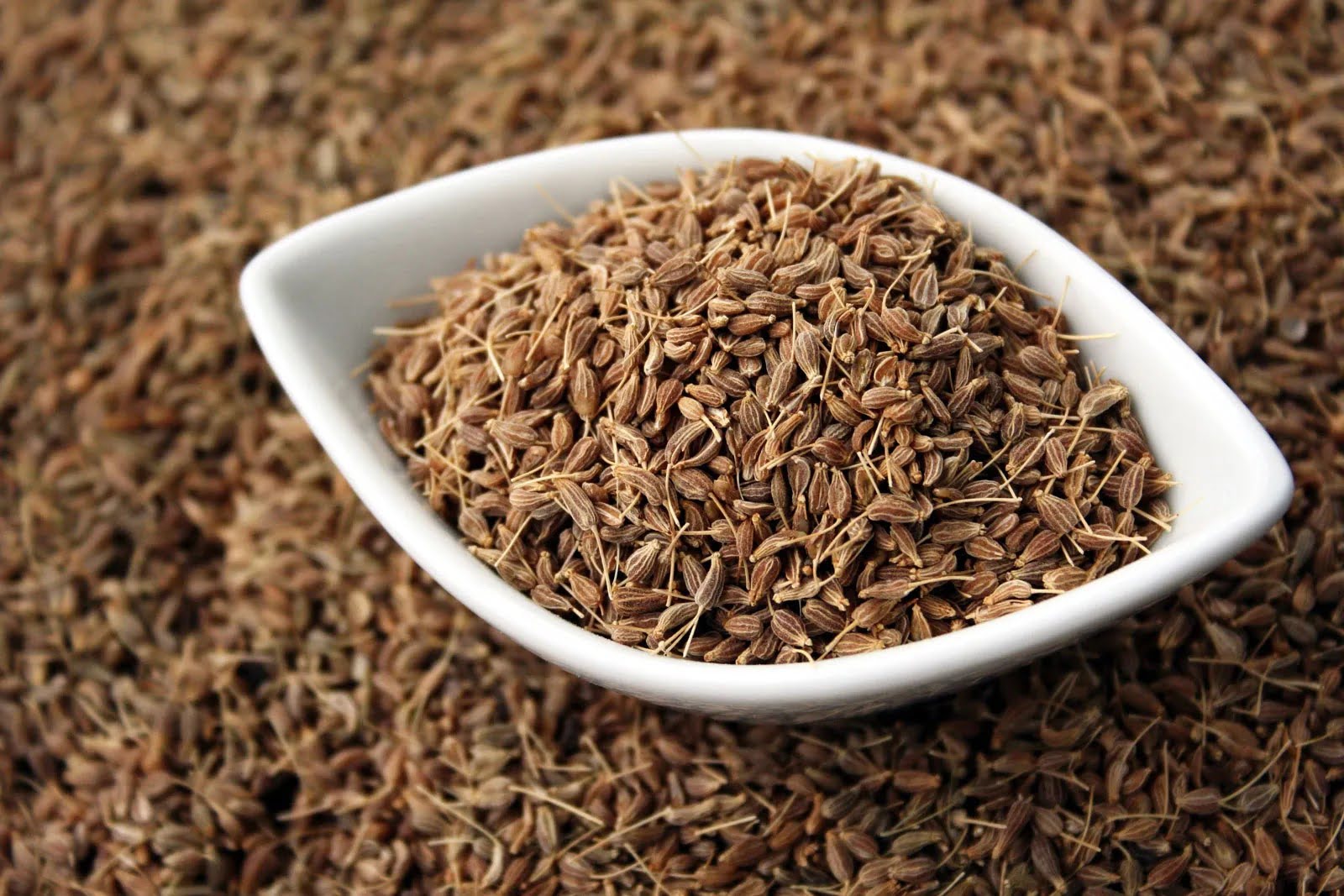
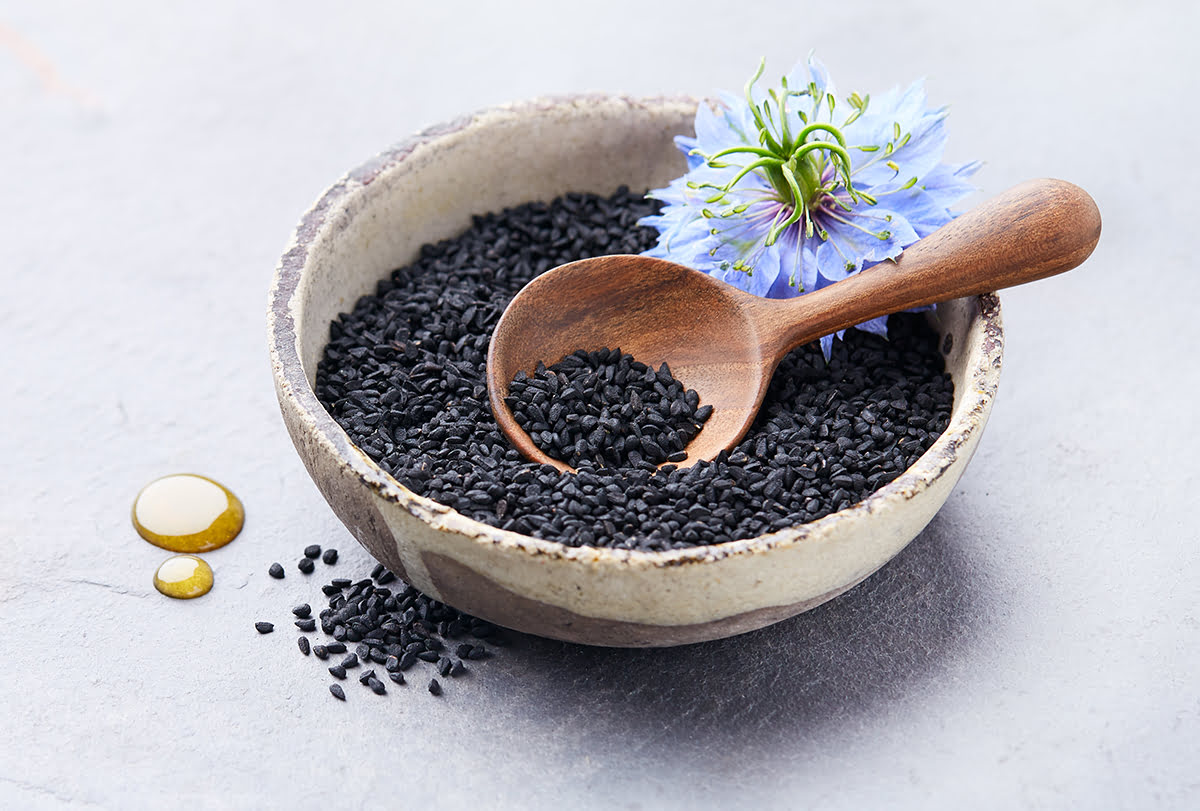
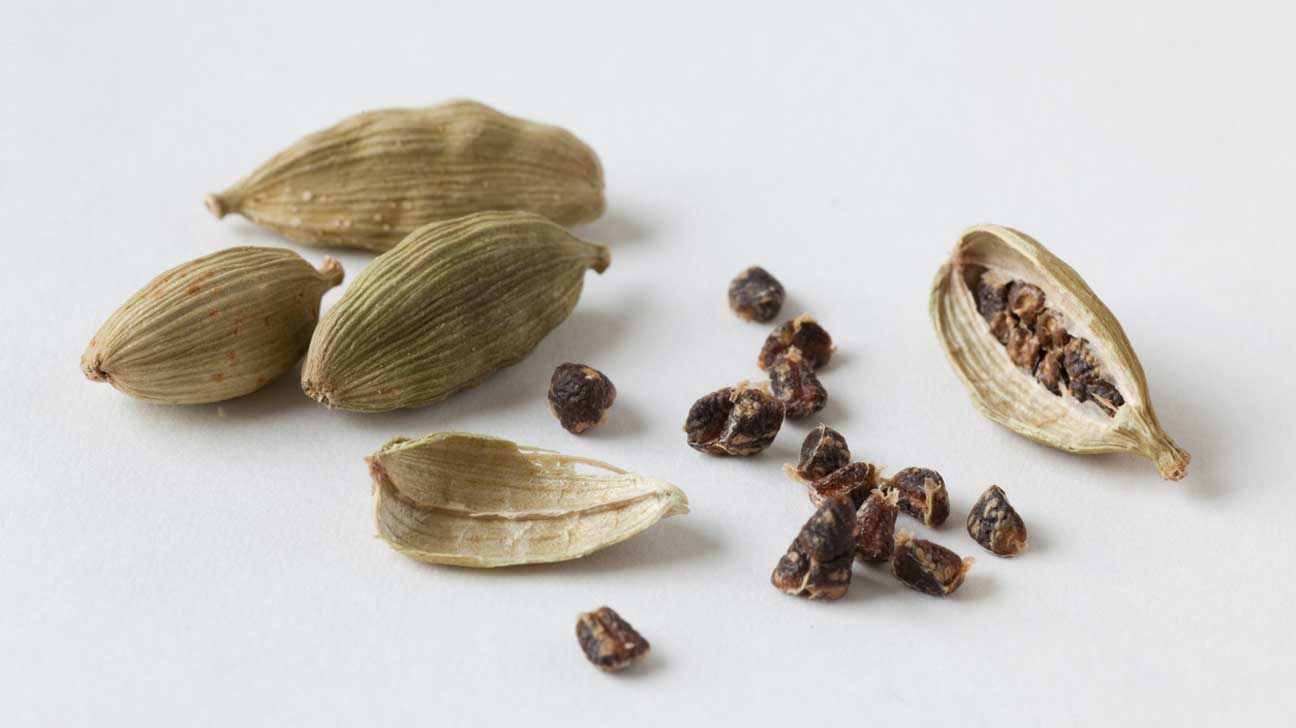
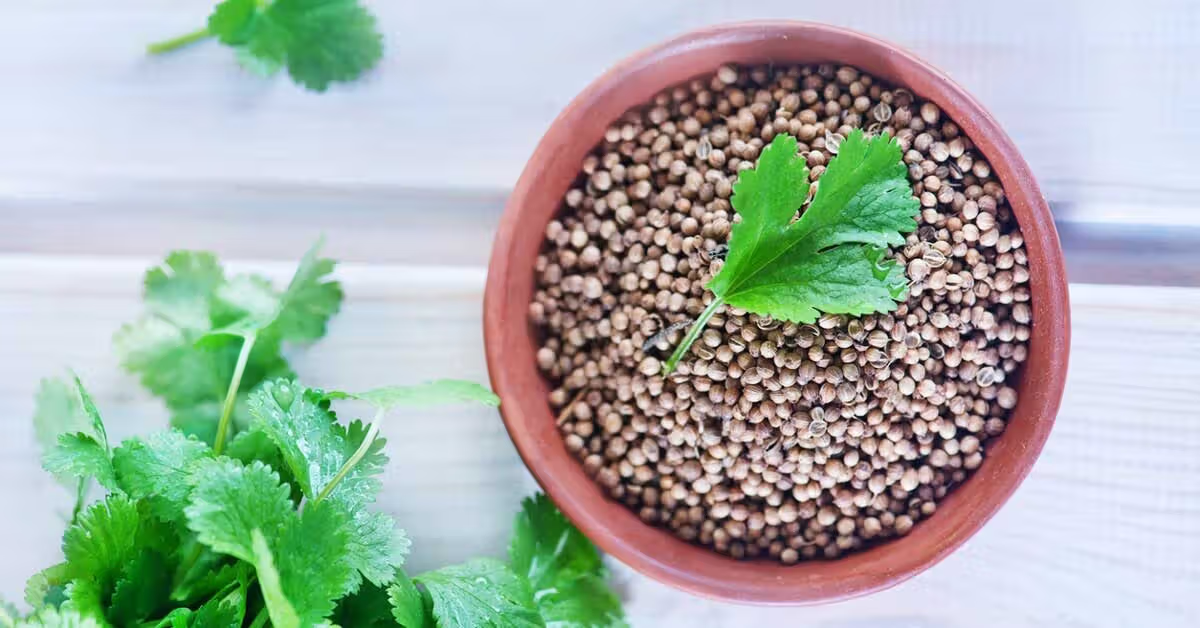
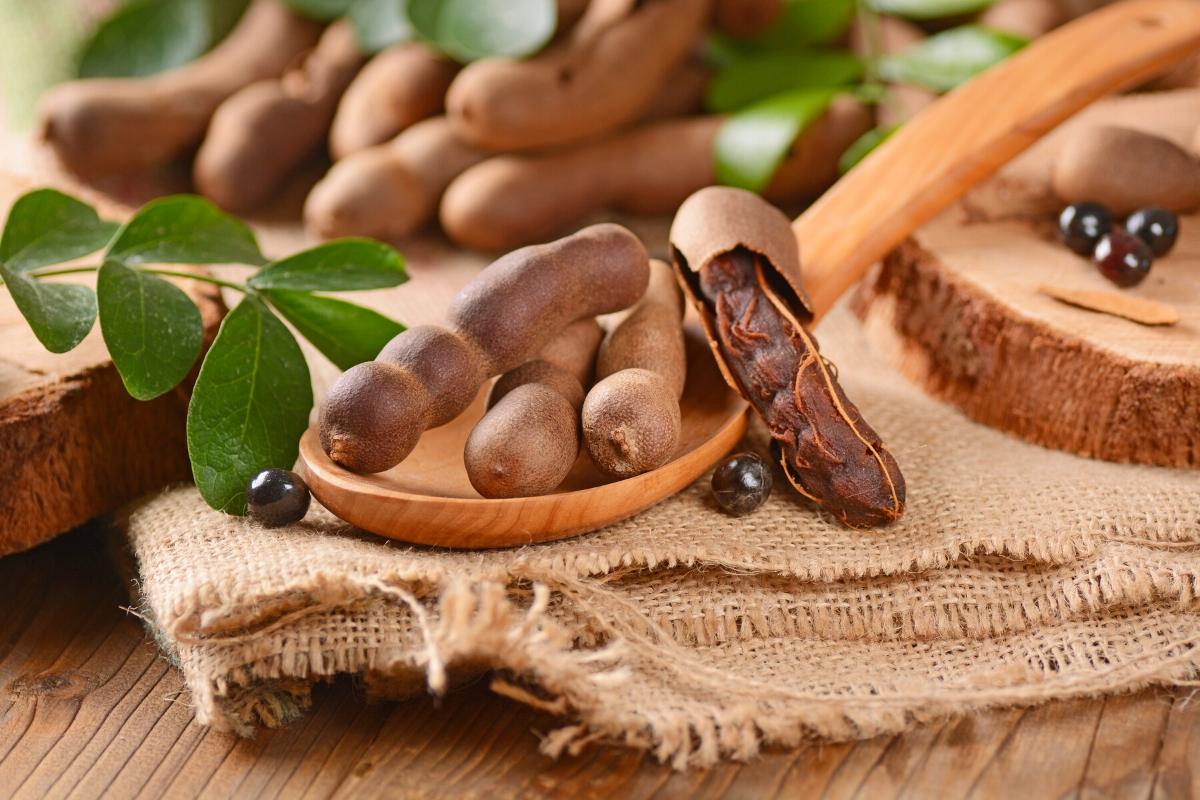

0 thoughts on “How To Use Fennel Seed”